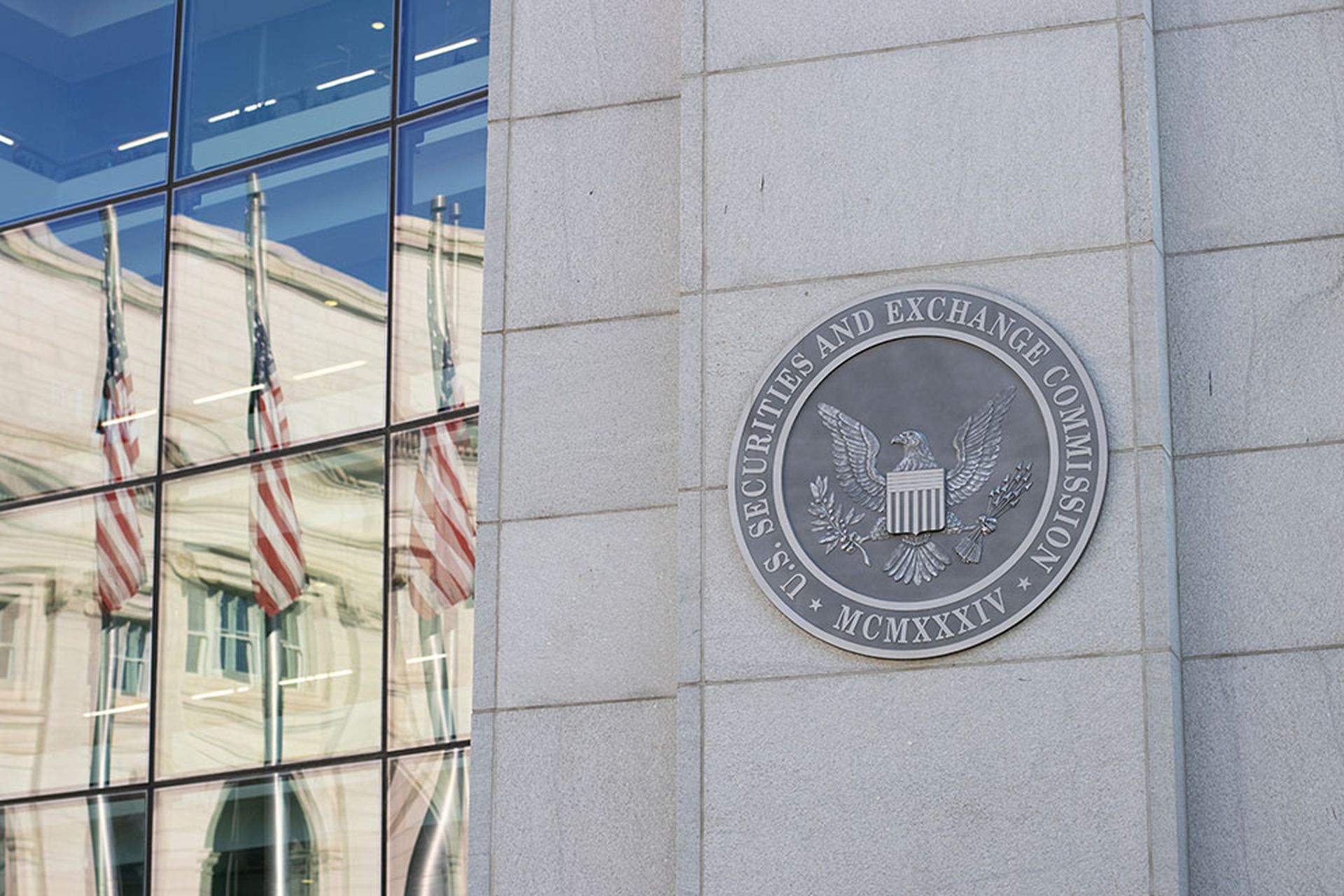A new bill would task the Department of Homeland Security with tracking and cataloguing incidents of doxing and cyber harassment against Americans by hostile foreign entities.
The legislation introduced May 18 by Reps. Debbie Wasserman Schultz, D-Fla., and Don Bacon, R-Neb., has 27 Democratic and Republican co-sponsors.
According to a copy of the text obtained by SC Media, it would charge the DHS Under Secretary of Intelligence, Privacy Office and Office for Civil Rights and Civil Liberties with developing and disseminating an assessment “regarding the use of cyber harassment, including doxing, by terrorists and foreign malicious actors.”
The assessment would include an overview of cyber harassment techniques used by foreign malign actors, a list of notable incidents of harassment and doxing, latent vulnerabilities that could be exploited by such actors to put groups or individuals at risk, and an overview of commonly used cyber harassment typologies and methodologies.
The department would have six months to develop the assessment and turn it over to Congress. The bill noted that such efforts must conform with existing constitutional protections around free speech and free expression.
“Extremists are exploiting our online platforms to spread private information and incite violence against vulnerable individuals and groups,” said Wasserman Schultz. “Arming our national security officials and law enforcement with knowledge of how these groups operate and for identifying vulnerabilities and preventing attacks is a first step to protect our communities from harm.”
In a press release, legislators cited The Boston Mapping Project, an interactive map that purports to show businesses and individuals who through their donations or advocacy show “institutional support for the colonization of Palestine” as a “notable” case of doxing, while a corresponding quote from Anti-Defamation League CEO Jonathan Greenblatt refers to the project as raising “concerns about the threat of digital abuse, doxing, and other malicious activities from at home and abroad.”
The project has been criticized for conflating rank-and-file support for Israel with Israeli government policy and opening Jewish individuals in Massachusetts to harassment or harm. According to MassLive, the project was designed by an anonymous group but was heavily publicized by the Boston arm of the national Boycott, Divestment and Sanctions movement, which seeks to lobby consumers to avoid products and services from American companies that support Israeli government policies.
The national BDS committee later disavowed and distanced themselves from the project.
"The BDS Movement has no connection to and does not endorse the Mapping Project in Boston, Massachusetts," the group said in a statement last year. "Simultaneously, we reject and condemn the cynical use of this project as a pretext for repressive attacks on the Palestine solidarity movement."
Legislators noted that several foreign entities have endorsed the project, including Iranian state-TV and the Popular Front for the Liberation of Palestine, (a group classified by the U.S. State Department as a foreign terrorist organization), who last year thanked the organizers of the project and called on supporters in North America to “launch such creative initiatives that reveal to public opinion the nature of the existing relations between U.S. imperialism and the Zionist occupation and its supporters.”
However, the Boston Mapping Project’s website describes their membership as “a multi-generational collective of activists and organizers on the land of the Massachusett[s], Pawtucket, Naumkeag, and other tribal nations (Boston, Cambridge, and surrounding areas).”
The release includes no other incidents of foreign or domestic-led doxing or cyber harassment. SC Media has reached out to the Boston Mapping Project and Wasserman Schultz’s office for further comment.




